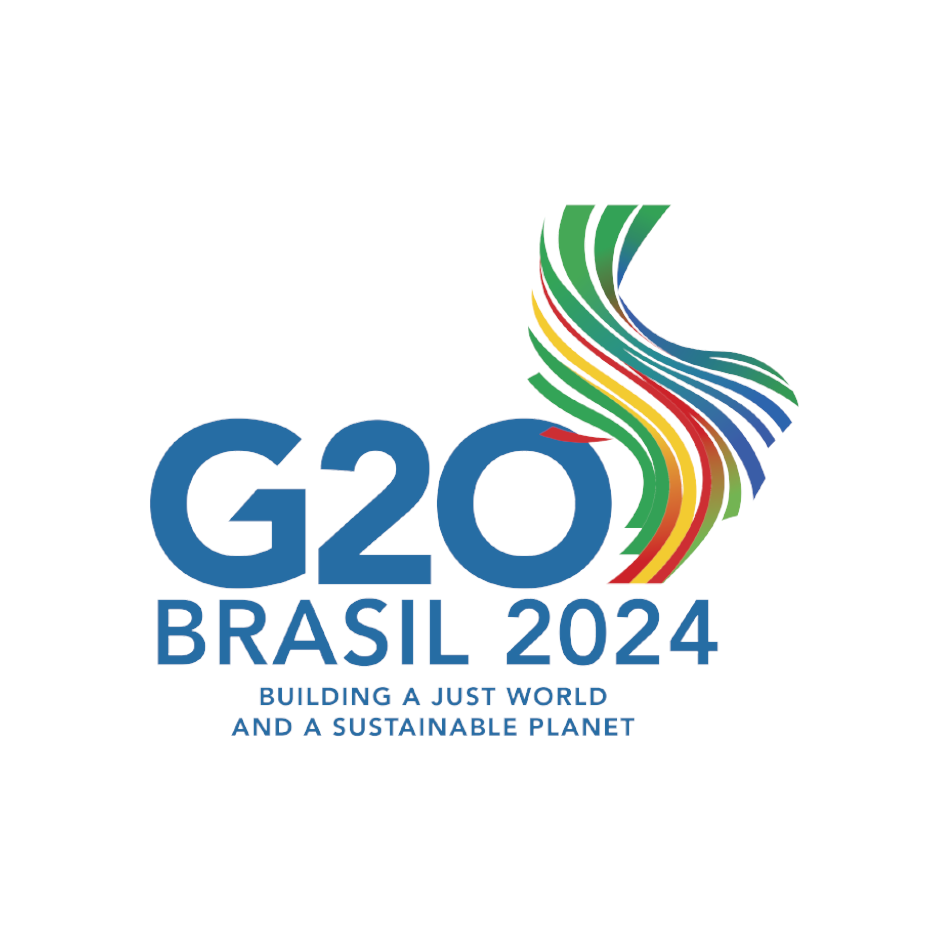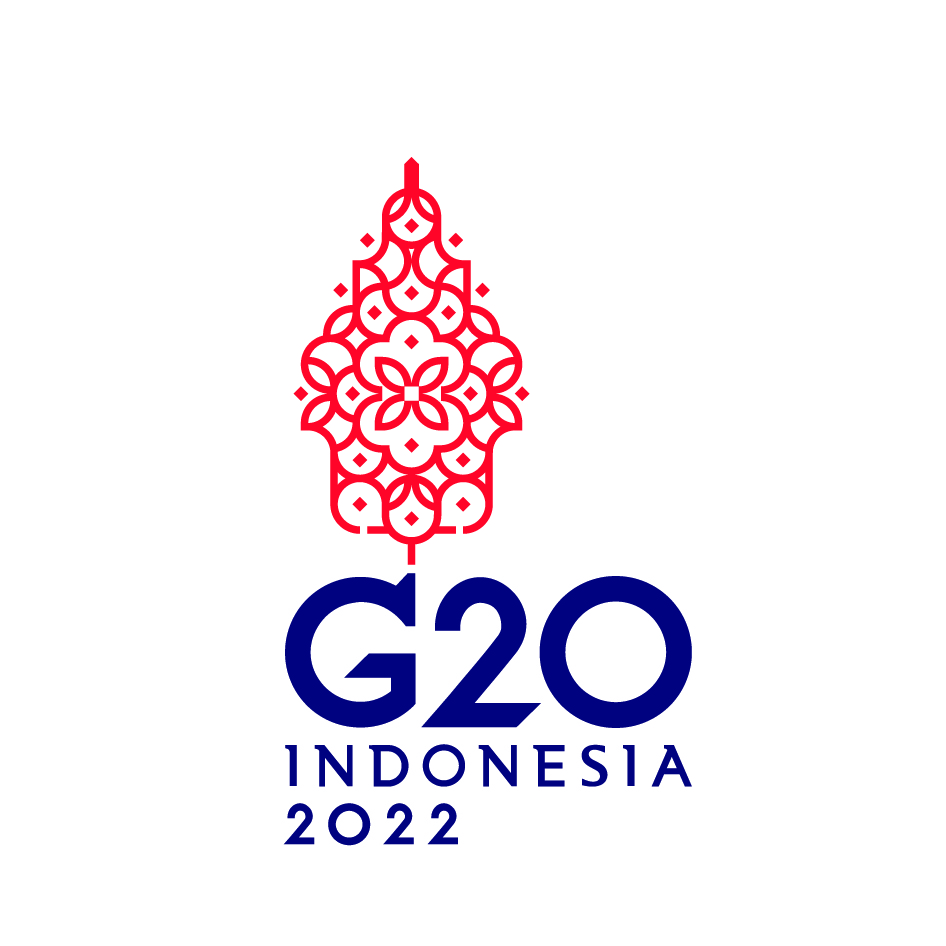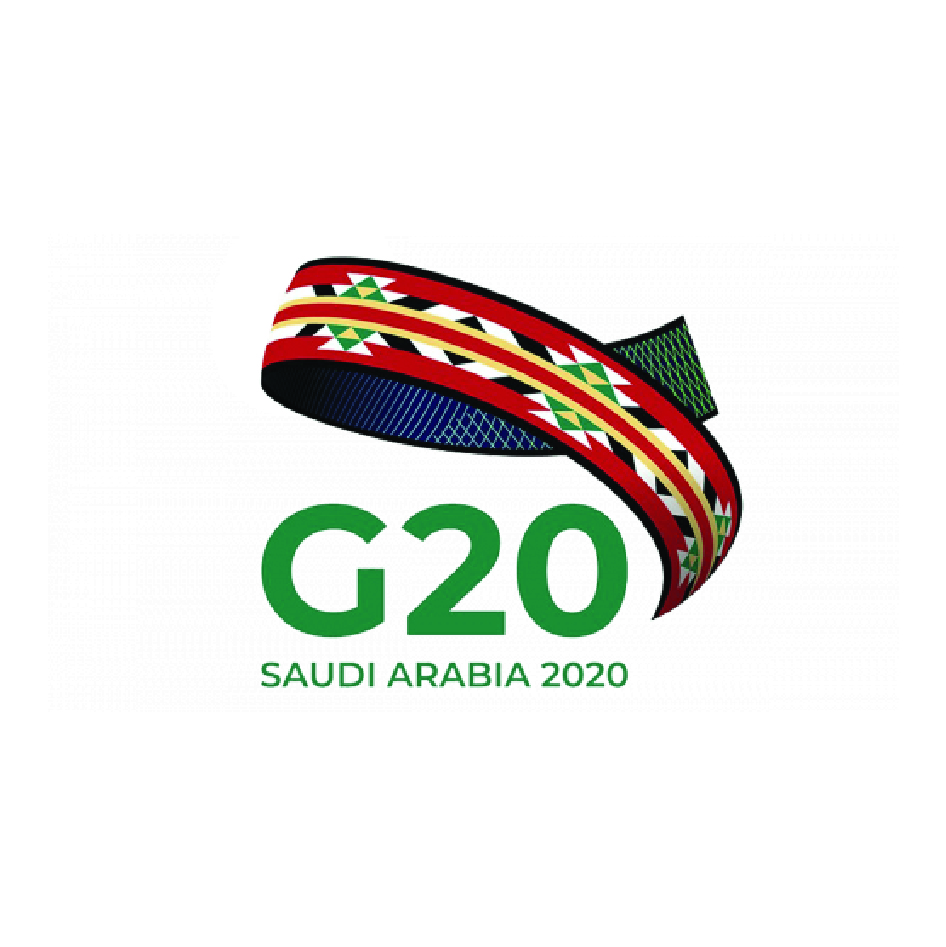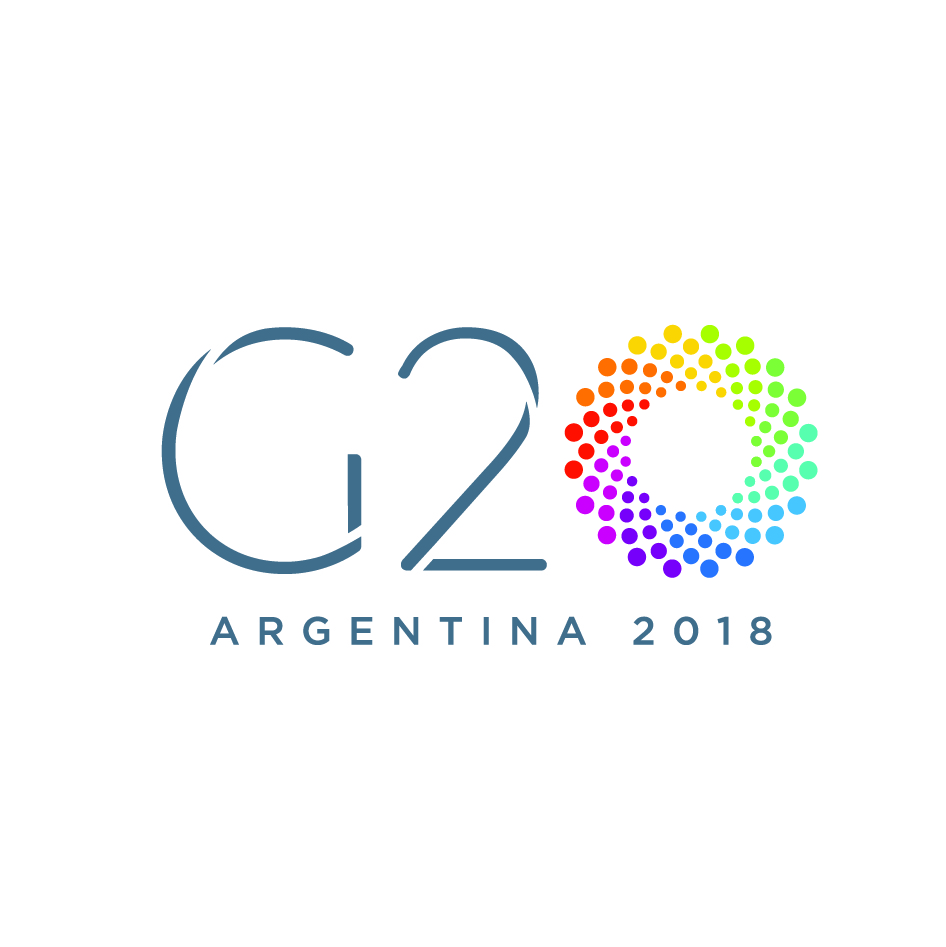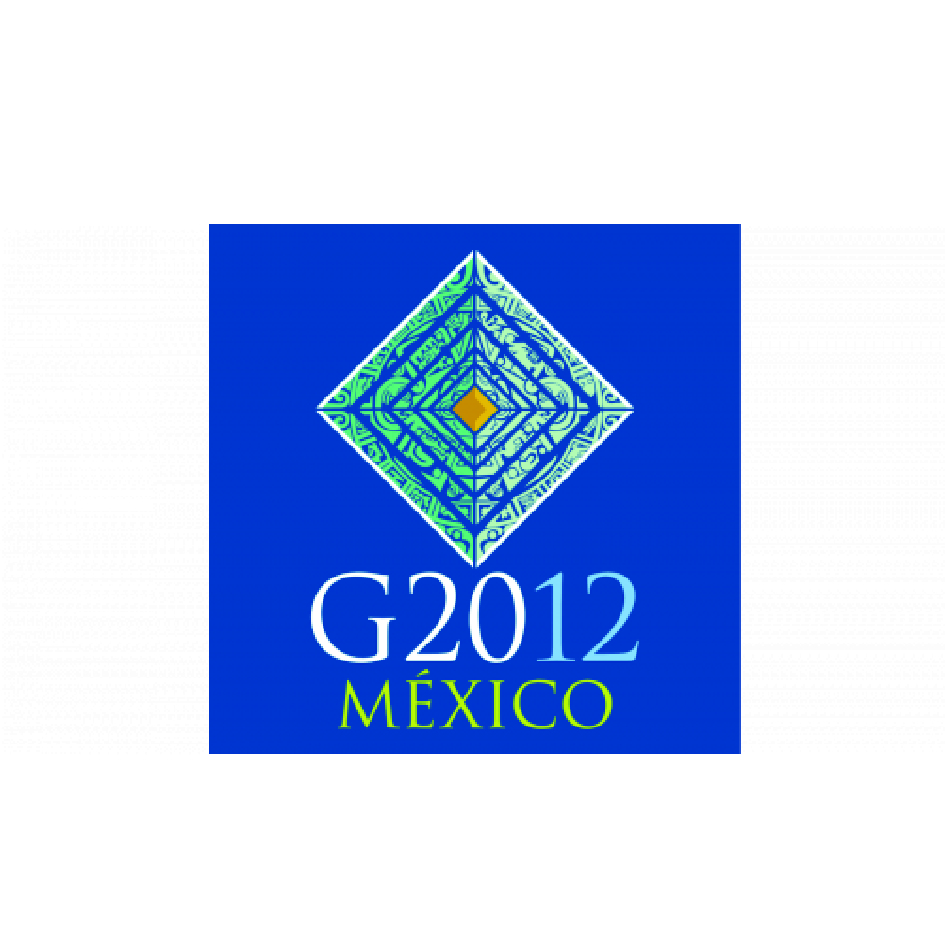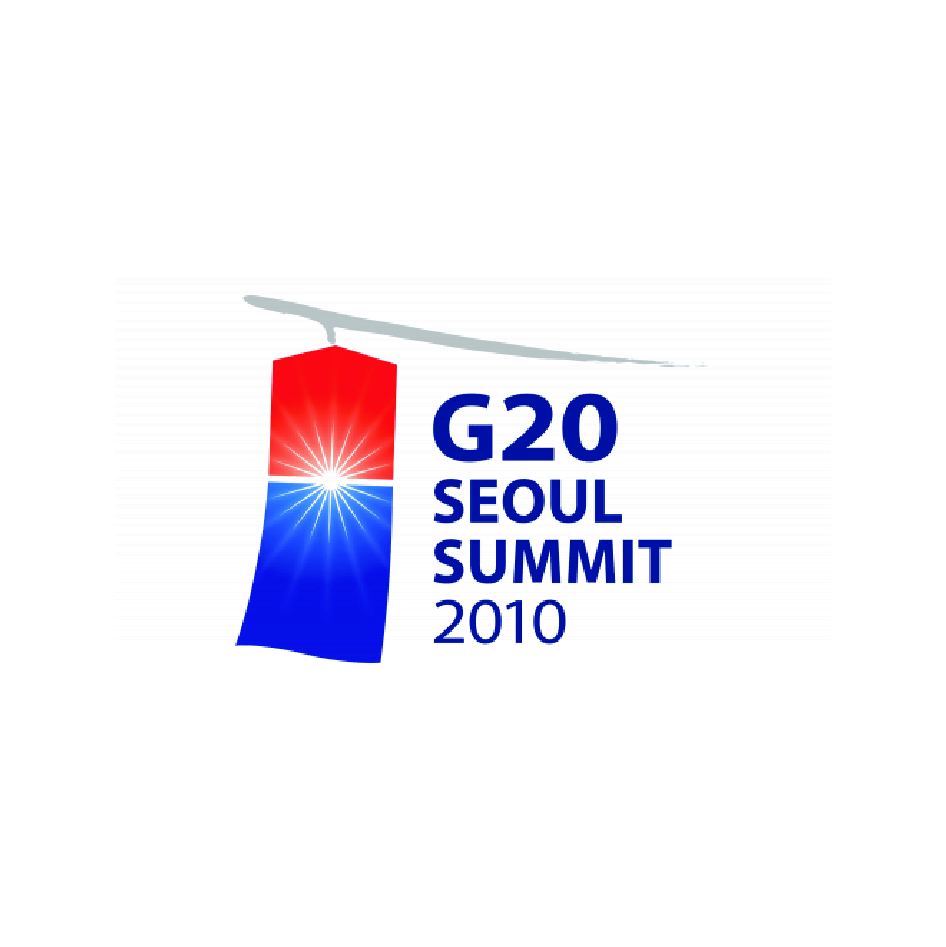The 18th G20 Summit was held in Rio de Janeiro from 18 to 19 November 2024 under the theme Building a Just World and a Sustainable Planet.
The Rio de Janeiro Declaration emphasised the taxation of billionaires, energy transition, support for Conference of the Parties (COP) 30 in Brazil, and solutions to global challenges, with a focus on sustainable growth and the fight against poverty. Support for unprecedented themes in the forum marked the Brazilian presidency.
The declaration addressed social inclusion, the fight against hunger and poverty, the taxation of billionaires, measures for the energy transition, the global governance reform, and the acceleration of climate action.
The document reinforces the group’s commitment to addressing global challenges and promoting strong, sustainable, and inclusive growth. Within the declaration, leaders reaffirm their dedication to crucial issues that shape the global future.
Leaders emphasised the importance of coordinated actions to combat climate change, promote just energy transitions, and preserve the environment. They also stressed the need for comprehensive reform in global governance, including strengthening the United Nations, modernising the international financial system, fostering an inclusive multilateral trading system, and promoting the ethical development of artificial intelligence.
Among the key agenda items related to social inclusion and fighting hunger and poverty, the declaration highlights the launch of the Global Alliance Against Hunger and Poverty, support for progressive taxation, and the commitment to appropriate taxation of billionaires. For the first time in the forum’s history, the G20 committed to mobilising resources for basic sanitation and access to drinking water, as well as addressing racism and promoting racial equality as part of the effort to combat inequalities.
G20 leaders highlighted the urgency of global mobilisation against climate change, reaffirming commitments to the Paris Agreement and carbon neutrality goals. They underscored the importance of increasing both public and private green financing, especially for developing countries, and argued that reforming the international financial architecture is essential for supporting climate action.
On the energy transition front, the declaration called for investments to aid developing countries and reaffirms the commitment to phasing out inefficient fossil fuel subsidies, alongside efforts to accelerate fair, clean, and sustainable energy transitions.


